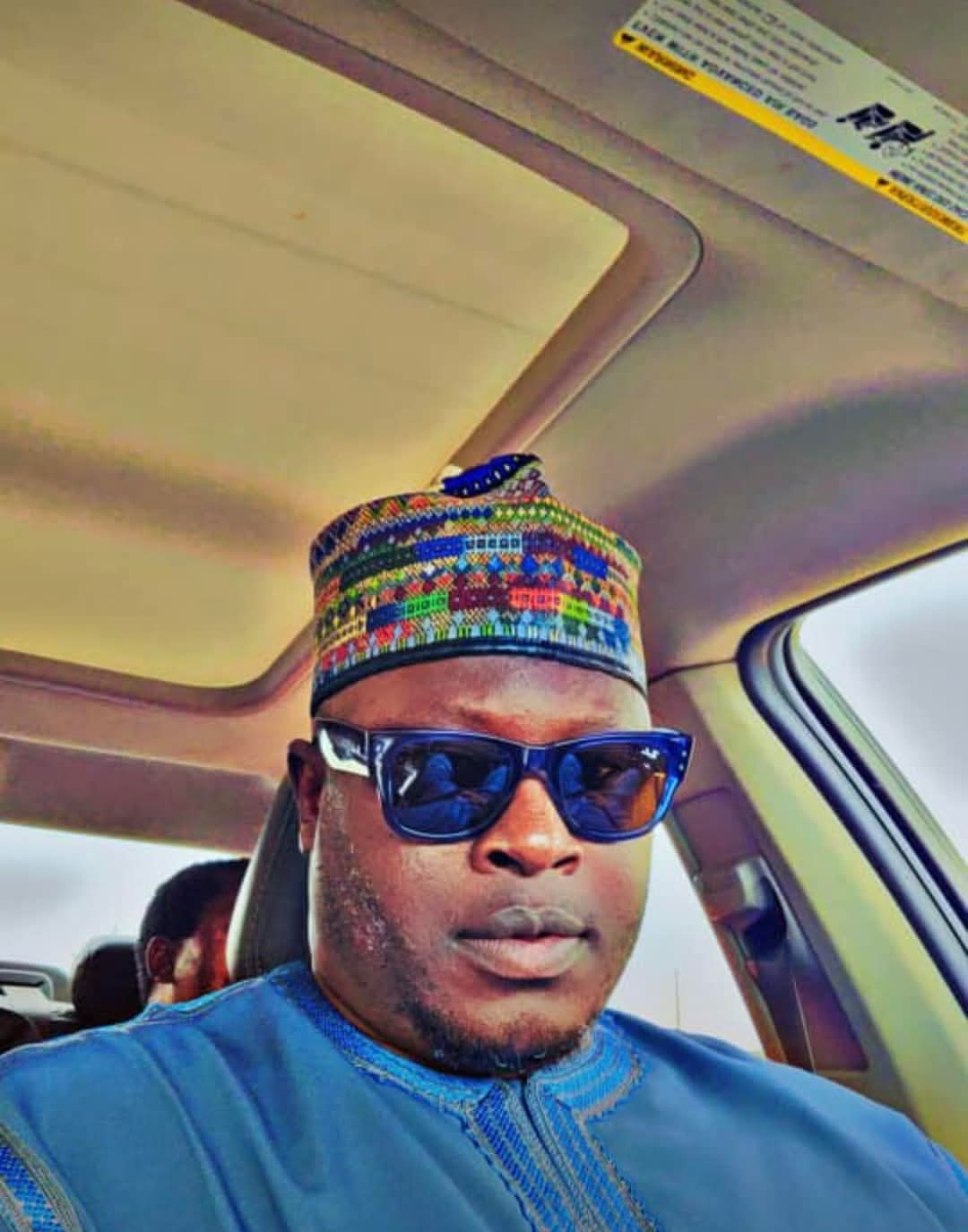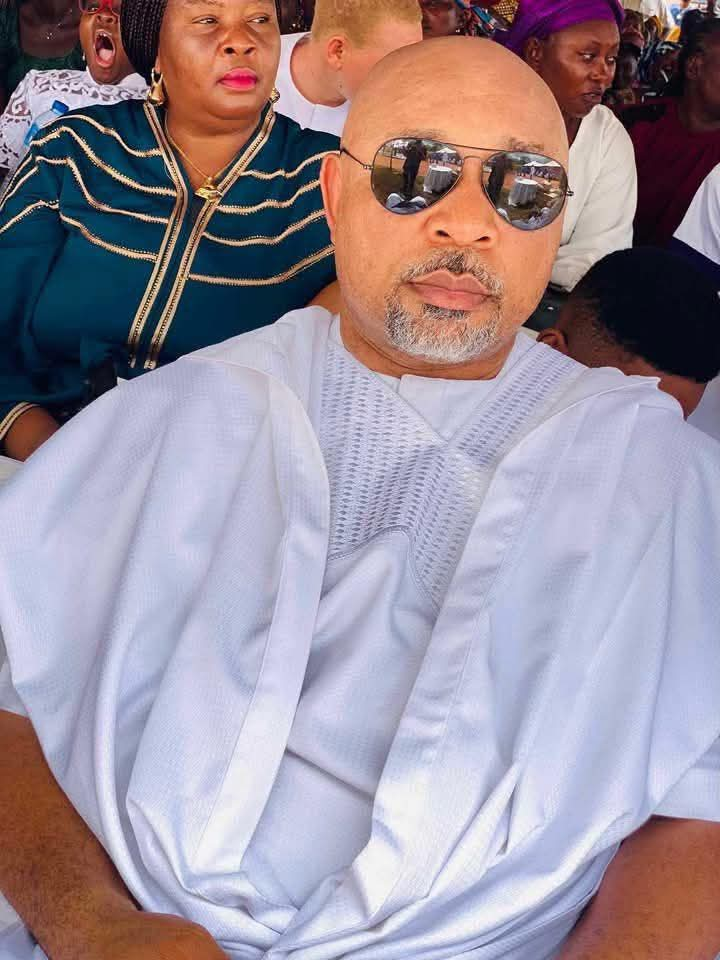By Christopher Sunday
In the grand theater of life, we often cast love and marriage as co-stars, destined to walk hand in hand toward the same end. But love, like a fleeting wind, is not always bound to the structures we try to build around it. And marriage, that sacred institution, is not the same as love, despite the assumptions that tie the two together.
At its core, love is an abstract, intangible force that transcends boundaries—its power rooted not in obligation or tradition but in the authentic connection between two souls. It cannot be contained by expectations or defined by societal standards. Love flows like a river, sometimes calm and sometimes turbulent, always seeking a path of its own. Marriage, on the other hand, is a formal bond—a structure designed to house love, but not necessarily to nurture it.
To marry someone is to make a commitment, an agreement that binds two people together in a formalized union. But this union, no matter how sacred or significant, does not guarantee the presence of love. It is a contract of companionship, not a guarantee of affection. A marriage can exist without love, just as love can exist outside of marriage.
Thus, when we speak of love and marriage, we must understand their distinct roles. Do not marry someone who has no mind of their own. A person without their own thoughts and desires is like a vessel without direction—forever drifting, never reaching any meaningful destination. Love cannot flourish in the absence of individuality. We need to come together not as half-formed beings, but as whole individuals capable of thinking, choosing, and growing together.
Don’t marry someone who is perpetually under the control of their parents. The chains of parental influence may be formed out of love, but they are not conducive to the independence marriage requires. Marriage demands the strength of two souls, not the dominance of one over the other. It is only when we stand on our own, free from the unnecessary ties of past obligations, that we can fully give ourselves to another.
Don’t marry someone who cannot forgive. Without forgiveness, the foundation of any relationship is fragile. Love cannot exist in a space where wounds are constantly reopened and never healed. To forgive is to choose to see beyond the hurt, to release the past, and to embrace the present with an open heart. A marriage built on resentment is destined to crumble under the weight of unhealed wounds.
- In the end, both love and marriage should not be seen as mere milestones or societal expectations. They are journeys—separate but intertwined. Love is a force that moves between people, unpredictable and wild, while marriage is a choice to bind oneself to another. Yet, the true beauty of marriage is found not in the ceremony or the expectations that surround it, but in the deep understanding and connection that comes from two individuals choosing each other freely, lovingly, and with a commitment to growth. To marry without love, or to love without marriage, both leave the soul unfulfilled.
Thus, do not marry out of pressure or loneliness, but out of a deep, genuine connection—a connection rooted in mutual respect, the courage to forgive, and the strength to walk side by side while maintaining your individuality. In this, true love and marriage may coexist, not as burdens or obligations, but as the shared journey of two souls bound in harmony.










Whereas both may work hand in glove, they are two different things. And one is not a ticket to get into another; one can exist without the other. But getting the two working together makes it more beautiful and attractive.